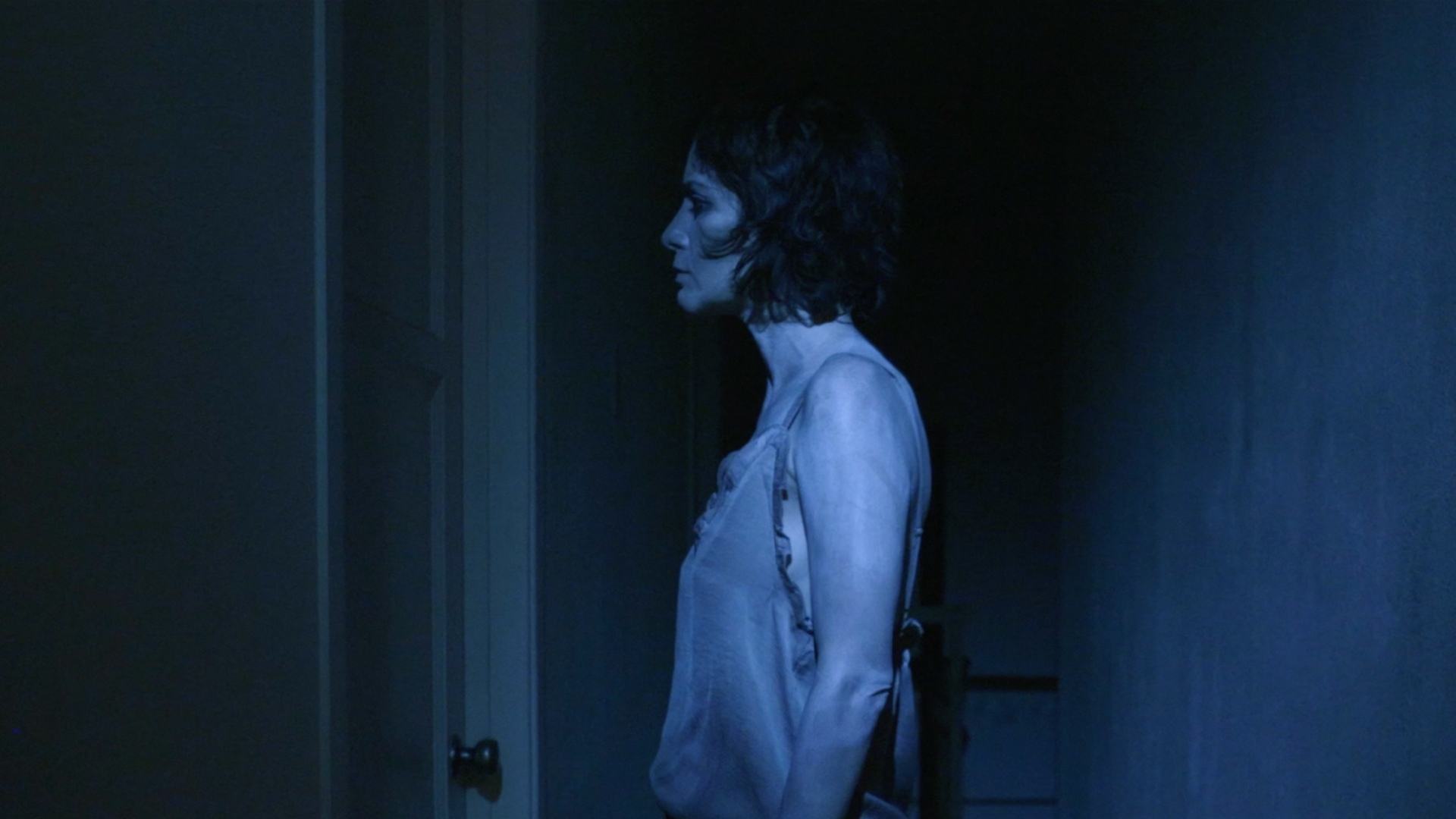A review of Eagles of the Republic by Tarik Saleh. The last part of the Cairo trilogy. It’s, expectedly, not cinematically intriguing
Source link
دسته: ستارگان سینما و تلویزیون
-
Eagles of the Republic by Tarik Saleh
-
Alpha by Julia Ducournau
A review of Alpha, Julia Ducornau’s misguided follow-up to the Palme d’Or winner Titane 2021. Not even her fans liked this one.
Source link -
Die My Love by Lynne Ramsay
A review of Die My Love by Lynne Ramsay, which premiered in the Cannes Film Festival competition. Sadly, the film was a major disappointment. #Cannes2025
Source link -
The Secret Agent by Kleber Mendonça Filho
A review of The Secret Agent (O agente secreto) by Kleber Mendonça Filho. The best film of the Cannes Film Festival. A triumph on every level. #Braziliancinema
Source link -
Sirát by Óliver Laxe
A review of Sirát: the fourth film by Óliver Laxe, and one of the best films of this year’s Cannes competition. Highly recommended. #Sirát #Laxe #Cannes2025
Source link -
It Was Just an Accident by Jafar Panahi
A review of It Was Just an Accident. Jafar Panahi’s latest film, which, inexplicably, won the Palme d’Or in Cannes 2025. #Cannes2025
Source link -
Resurrection by Bi Gan
A review of Resurrection. The third film by Bi Gan, which premiered in the 2025 Cannes competition. Some critics labelled it a masterful reflection on cinema.
Source link -
F1 The Movie – Review
During lockdown, Netflix’s Drive to Survive brought Formula 1 into the homes of millions of people who had never before…
The post F1 The Movie – Review first appeared on ..
-
28 Years Later – Review
28 Years Later marks a much anticipated return to the franchise, with Alex Garland and Danny Boyle once again at…
The post 28 Years Later – Review first appeared on ..
-

Our Happy Place – Preview
Raya, a lonely woman caring for her bedridden husband, is haunted by terrifying nightmares. She wakes up each morning in the forest, falling deeper into freshly dug graves beneath her. As supernatural forces torment her and the line between dream and reality collapses, she unearths a horrifying secret buried within the woods—and herself.
The film was written and shot during the pandemic. Working around quarantine limitations, Bickel and Miles filmed everything locally to their home outside of LA, and later expanded production once restrictions eased to include two further cast members on set. The claustrophobia of being stuck inside during quarantine has a clear influence on the film’s camera work.
Our Happy Place stars Raya Miles and Paul Bickel in their feature acting debuts, Tracie Thoms, and Eugene Byrd. Our Happy Place was written and directed by Paul Bickel. The film is his feature directing debut. Our Happy Place will have its International Premiere at Raindance Film Festival on 20th June.
https://www.youtube.com/watch?v=ZeTYc3WQcMM
Latest posts by John McArthur (see all)